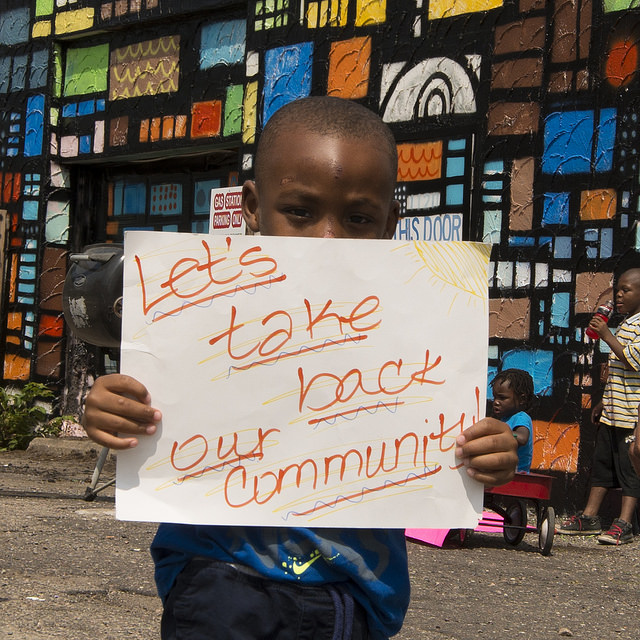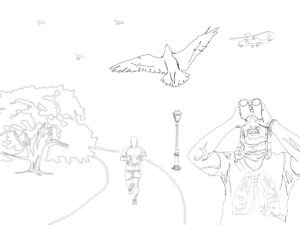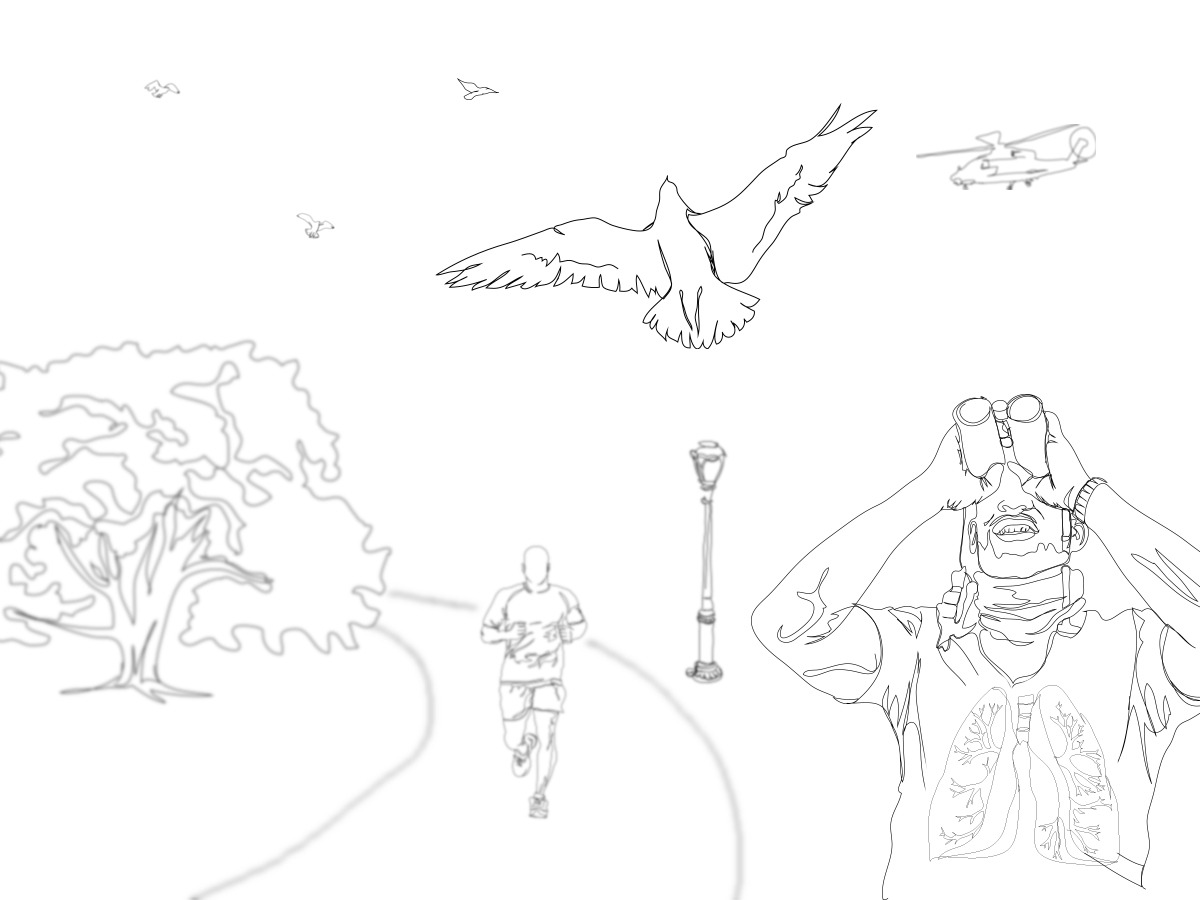
March 15, 2017; Curbed New York
A wonderful column by Jenni Miller in Curbed New York provides some terrific guidance on how to be a good activist rather than a pain in the rear or just an extra body. Her column, which is drawn from interviews with activists, is aimed at people in New York, but it really just resonates overall. We think it should be well shared.
Here are her 5 starting points for emerging activists. You should go to the original article to read her simple discussions of each of these points:
- Find your people.
- Connect with your community.
- Hit the streets.
- Check yourself.
- Do what is needed, not just what you want to do.
Those last two are just so incredibly important, but I love the last paragraph in this short jewel:
Be prepared to participate in ways that you might not have thought possible: you might be asked to cold call or learn how to apply for grants or do things that are outside of your comfort zone. The important thing is to commit yourself to be of service and do what needs to be done—whatever that may be.
This reminds me of a poem by activist Marge Piercy, called “To be of use”:
I love people who harness themselves, an ox to a heavy cart,
who pull like water buffalo, with massive patience,
who strain in the mud and the muck to move things forward,
who do what has to be done, again and again.
Sign up for our free newsletters
Subscribe to NPQ's newsletters to have our top stories delivered directly to your inbox.
By signing up, you agree to our privacy policy and terms of use, and to receive messages from NPQ and our partners.
I want to be with people who submerge
in the task, who go into the fields to harvest
and work in a row and pass the bags along,
who are not parlor generals and field deserters
but move in a common rhythm
when the food must come in or the fire be put out.
Returning to the article, one way to be of service is, for goodness sake, to check yourself. Don’t try to be the smartest person in the room—because you are not. We all have much to learn and contribute.
This list is so simple and so accurate it’s uncanny. I favor the last two because there is a humility in listening and doing what needs to be done that helps to grow respectful communities of activists. When I first began organizing as a teenager, I sat quietly through conflictual meetings that with the passage of time have proved historic. The listening and stuffing of envelopes, the door-knocking (excruciating to a shy teen), the mastery of various mimeograph machines in various states of disrepair…all of it was important, and it slowly built my own voice and credibility and moral standing.
This is a great starter list. The only thing I might add is to be ready to experience conflict, discomfort, and a great sense of pride when something actually moves, as it often will, in reaction to the activist voice of your community.—Ruth McCambridge













